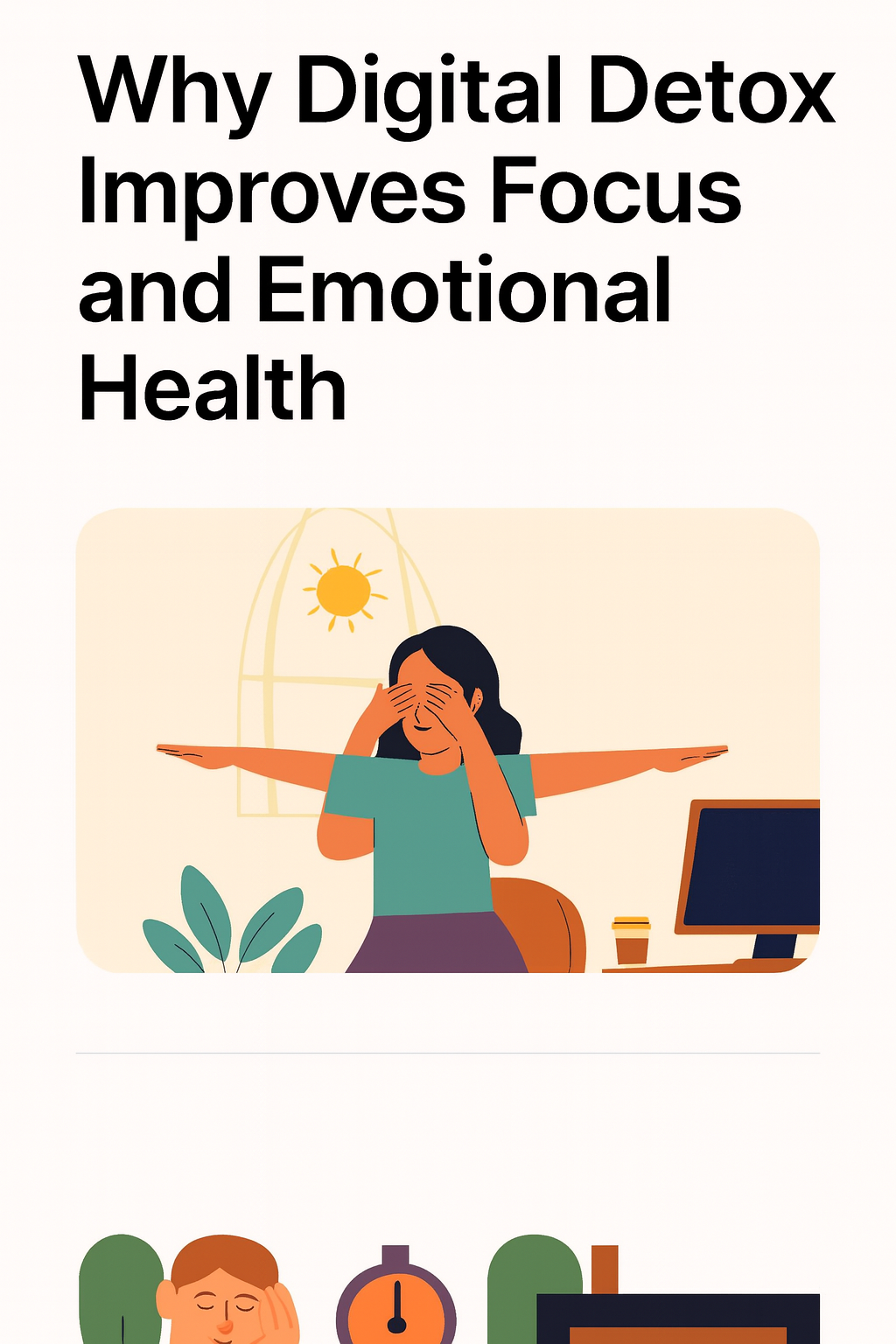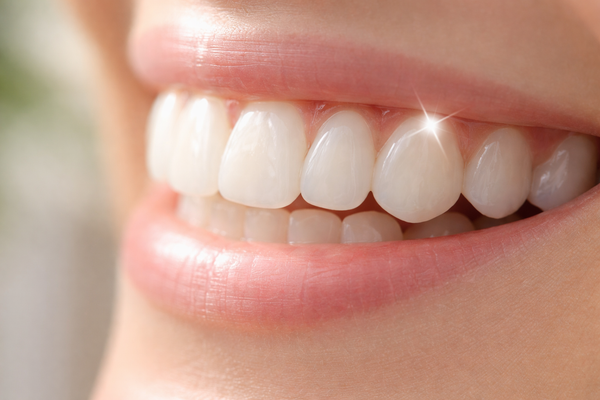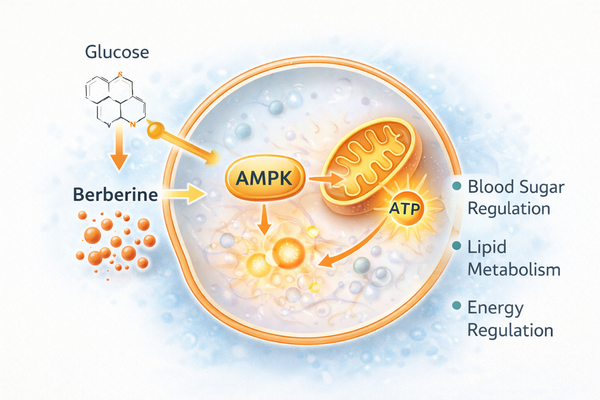The Hidden Power of Naps: How Short Rest Boosts Brain Function and Productivity

Meta Description
Learn how a 20-minute nap enhances memory, focus, and mood — backed by neuroscience and sleep research.
🧠 Why Napping Isn’t Laziness
Many people feel guilty for napping during the day, thinking it’s a sign of low energy or poor discipline.
But science says otherwise: a short nap (10–30 minutes) can reset your brain and dramatically improve mental performance.
According to a 2023 study by NASA’s Fatigue Countermeasures Lab, pilots who took a 26-minute nap increased alertness by 54% and performance by 34% compared to those who didn’t.
🌙 The Science Behind Napping
When you nap, your brain transitions from beta waves (alert state) to theta waves (relaxation and memory consolidation).
This brief reset improves hippocampal function, the area responsible for learning and short-term memory.
A 2022 Nature Neuroscience study found that people who took afternoon naps showed:
- Better logical reasoning
- Improved memory retention
- More stable emotions
⏰ The Ideal Nap Duration
The length of your nap determines the benefits you’ll get.
| Nap Length | Effect | Best Time |
|---|---|---|
| 10–20 minutes | Boosts alertness & focus | Early afternoon (1–3 PM) |
| 30–45 minutes | Improves creativity & problem-solving | When sleep-deprived |
| 60+ minutes | Enters deep sleep — may cause grogginess | Only for extreme fatigue |
💤 Tip: Use a gentle alarm or soft music to wake up before you enter deep sleep (after ~30 minutes).
🌿 How to Take the Perfect Nap
Here’s how to make naps work like a productivity tool instead of a time sink:
- Nap early in the afternoon. Late naps disrupt nighttime sleep.
- Dark, cool, and quiet room. Light and noise can block deep relaxation.
- Use caffeine strategically. Drink coffee right before your nap; caffeine kicks in after 20 minutes — known as a “coffee nap.”
⚡ Naps and Mental Health
Short naps aren’t just for boosting focus — they also help regulate mood and lower stress hormones.
A 2021 study in Sleep Health Journal showed that individuals who nap 3–4 times per week experience:
- 20% lower cortisol levels
- Improved resilience to stress
- Fewer symptoms of anxiety and irritability
Your brain treats naps as “mini reboots,” rebalancing neurotransmitters like serotonin and dopamine.
✅ Key Takeaway
Naps are one of the most underrated forms of self-care.
Just 20 minutes of rest can refresh your brain, improve mood, and sharpen focus — without ruining your nighttime sleep.
FAQ
Q: When’s the best time to nap?
A: Between 1 PM and 3 PM, when your body’s energy naturally dips.
Q: Can naps replace nighttime sleep?
A: No — naps supplement, not replace, full rest cycles. Use them to recharge, not compensate for chronic sleep loss.



